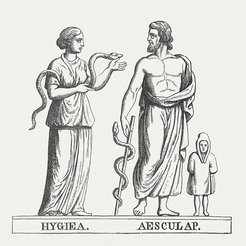Natural will and medical treatment
PhD Project

According to German law, a person who is to receive medical treatment must first consent to the proposed treatment. To be able to do that, the patient must have the capacity to consent (Einwilligungsfähigkeit). If the patient is incapable of giving consent, the law designates a third party who must consent in the patient’s place. The system is therefore very simple and clearly structured: those capable of giving consent do so themselves, and a third party consents for those incapable of giving consent. However, this system has ceased to be true to legal reality. For some time now, the will of the person incapable of giving consent, the so-called natural will, has been accorded some legal relevance. Therefore, the system is no longer simple and clearly structured: Persons with the capacity to consent continue to consent for themselves, and a third party continues to consent for persons lacking this capacity. At the same time, however, what the person incapable of giving consent asks for – i.e., his natural will – has been attributed some relevance in the case law and legislative decisions of recent years. This has created the possibility of situations in which the natural will of a patient lacking the capacity to consent stands in opposition to what the third party intends to decide in the patient’s place. Law should structure and resolve this tension on an abstract level in the interest of all parties involved (persons incapable of giving consent, third parties called upon to decide for them, physicians, judges) – but it does not. The thesis addresses this task.
